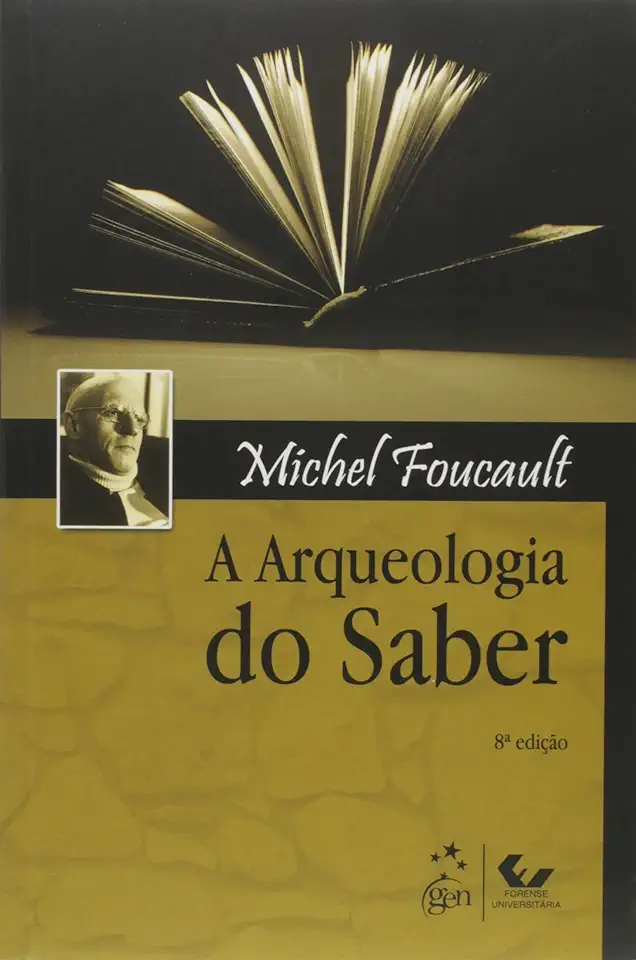
The Archaeology of Knowledge
The Archaeology of Knowledge: A Summary
In his groundbreaking work, "The Archaeology of Knowledge," Michel Foucault challenges traditional notions of knowledge and truth, arguing that they are not objective and universal, but rather are produced by specific historical and social contexts. Through a series of detailed case studies, Foucault demonstrates how knowledge is shaped by power relations, institutional structures, and cultural norms, and how it is used to maintain and legitimize existing social orders.
Power and Knowledge
Foucault argues that power and knowledge are inextricably linked, and that knowledge is a form of power. Those who control the production and dissemination of knowledge have the power to shape how people think about the world and their place in it. This power can be used to maintain the status quo, or to challenge and transform it.
Discourse and Truth
Foucault also challenges the notion of truth as something that is objective and universal. He argues that truth is not something that is discovered, but rather something that is constructed through discourse. Discourse is the way in which we talk about the world, and it shapes how we think about it. The dominant discourses in a society are those that are supported by the powerful, and they serve to maintain the existing social order.
The Archaeology of Knowledge
Foucault's archaeological approach to knowledge involves studying the historical development of different discourses and how they have been used to shape society. By examining the origins and transformations of knowledge, Foucault aims to uncover the power relations and social structures that have produced it.
Implications for Education and Society
Foucault's work has profound implications for education and society. It challenges us to critically examine the knowledge that we are taught and the ways in which it is used. It also encourages us to think about how we can use knowledge to challenge and transform the existing social order.
Why You Should Read "The Archaeology of Knowledge"
"The Archaeology of Knowledge" is a challenging and provocative book that will change the way you think about knowledge and power. It is a must-read for anyone interested in critical theory, sociology, history, or education.
Here are a few reasons why you should read "The Archaeology of Knowledge":
- It is a groundbreaking work that challenges traditional notions of knowledge and truth.
- It provides a new way of understanding how power and knowledge are linked.
- It encourages us to critically examine the knowledge that we are taught and the ways in which it is used.
- It has profound implications for education and society.
If you are ready to challenge your assumptions about knowledge and power, then I highly recommend reading "The Archaeology of Knowledge." It is a book that will stay with you long after you finish it.
Enjoyed the summary? Discover all the details and take your reading to the next level — [click here to view the book on Amazon!]